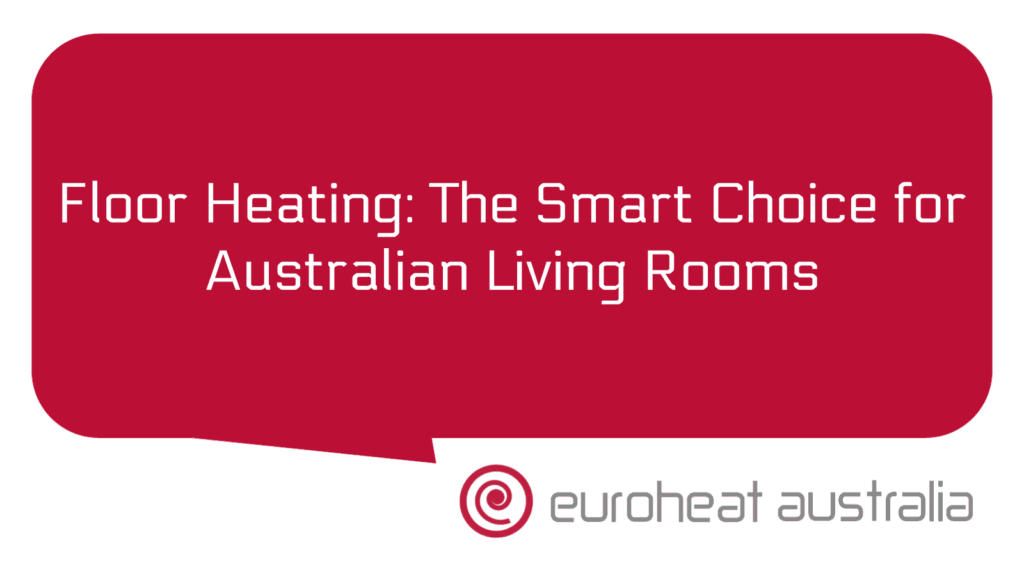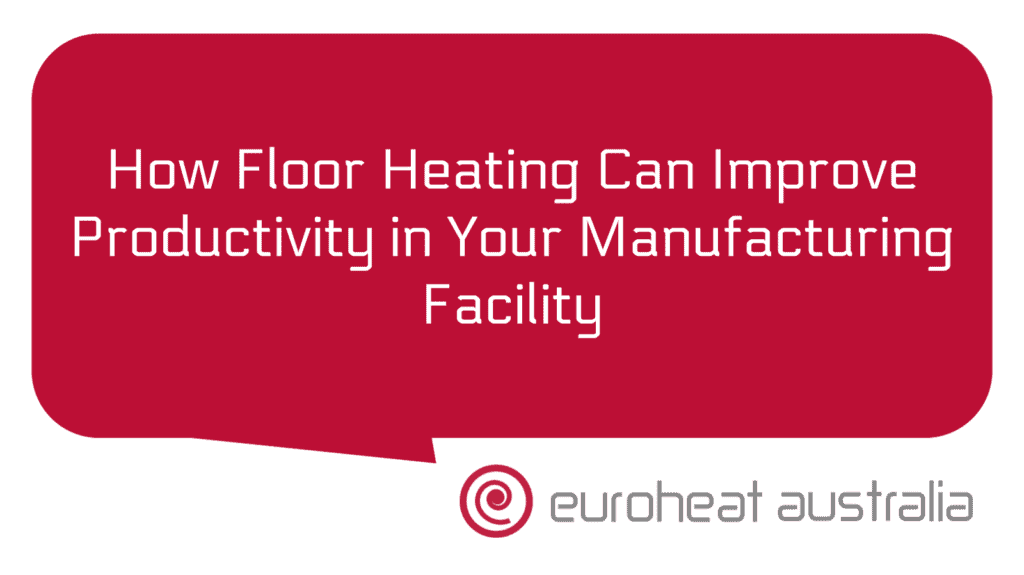Geothermal energy is one of the most efficient and cost-effective forms of energy recovery available. It can be used to provide heating, cooling and hot water for homes and businesses. Geothermal energy is produced from the heat stored in the Earth’s core and can be tapped into using specially designed systems. In this article, we’ll look at the different types of geothermal energy recovery systems available and the benefits of installing a geothermal heating & cooling system.
The most common type of geothermal energy recovery system is a closed loop system. This involves running pipes beneath the ground, which extract heat from the Earth’s core. The pipes are filled with a special fluid that absorbs heat from the ground and transports it back to your home or business. The fluid then passes through a heat exchanger where it transfers its heat to a refrigerant or hot water before being returned to the ground. Closed loop systems are typically used in areas with high levels of underground thermal activity like Perth in Western Australia but they can also be used in other areas as well.
In addition to closed loop systems, there are also open loop systems, which use groundwater as their source of heat rather than underground thermal activity. These systems involve drilling a well into an aquifer or other water source and using pumps to circulate water through an exchange system where it gives up its stored energy before being returned to its original source. Open loop systems are ideal for areas without high levels of underground thermal activity but may require more maintenance due to their reliance on surface water sources.
Finally, there are hybrid systems which combine elements from both closed loop and open loop designs for increased efficiency and reliability. These systems typically feature two wells – one for extracting heat from below ground level and another for injecting cold water back into the subsurface once it has been heated by an exchange system above ground level. Hybrid systems offer improved efficiency over traditional designs because they allow for greater temperature control throughout their operation cycle, making them ideal for climates where temperatures fluctuate significantly throughout the year like Perth’s climate in Australia.
The benefits of installing a geothermal heating & cooling system include lower energy bills due to reduced reliance on traditional power sources like gas or electricity; improved comfort levels due to consistent temperatures throughout your home; reduced maintenance costs since geothermal pumps don’t require much maintenance; increased property value due to increased efficiency; improved air quality since geothermal pumps don’t release any pollutants or carbon dioxide; reduced noise levels since geothermal pumps don’t generate any noise pollution; and finally, improved safety since there’s no risk of fire or explosion associated with geothermal pumps like there is with traditional power sources such as gas or electricity.
When considering installing a geothermal heating & cooling system it’s important to choose an experienced installer such as Euroheat Australia based in Perth – who have 30 years’ experience designing & constructing hydronic heating & cooling solutions tailored specifically for Australian homeowners – as incorrect installation can reduce efficiency & lead to costly repairs down the line! When properly installed, you can expect up to 70% reduction in your annual energy bills compared with traditional non-geo solutions – so if you’re looking for an efficient way to keep your home or business warm & cool all year round then Euroheat Australia are definitely worth considering!





